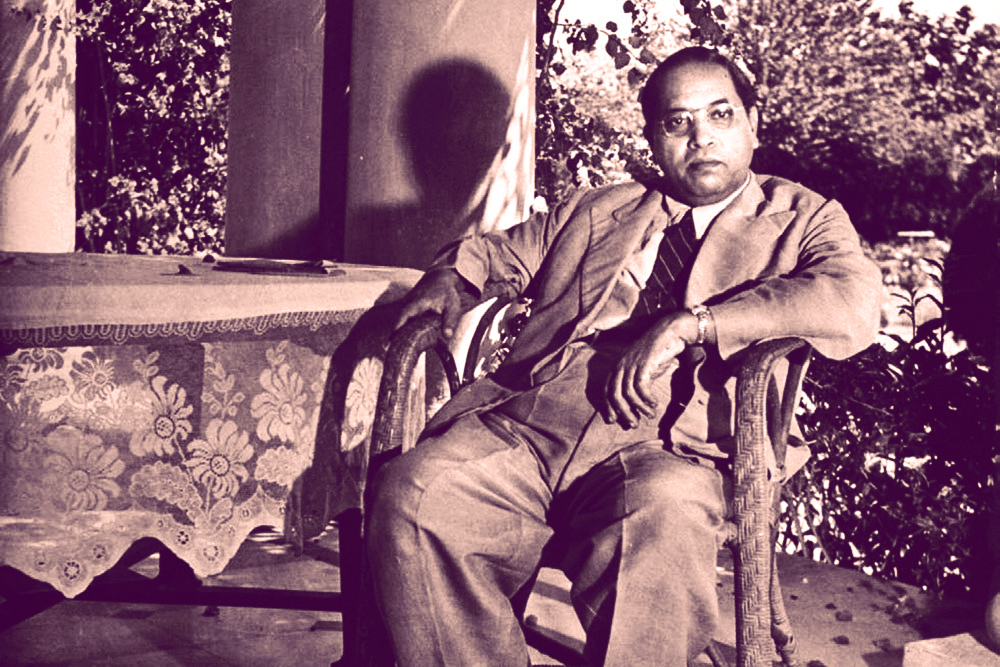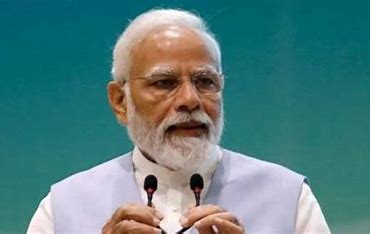
Though he wrote in 1st half of 20th century, some scholars see glimpses of his thoughts on globalisation.
Dr. B.R. Ambedkar, the chairman of the drafting committee of the Indian Constitution, is undeniably a towering figure in the fight for social justice in India. While reservations, a policy aimed at uplifting historically disadvantaged communities, are often the most recognized aspect of his legacy, his contributions extend far beyond this single initiative.
Ambedkar’s life was a testament to the power of education in overcoming social barriers.
Born into an untouchable caste, he faced immense social discrimination. Yet, his intellectual prowess propelled him to excel in his studies, earning doctorates from prestigious universities abroad. This academic grounding equipped him to articulate the plight of the untouchables and advocate for their rights with a powerful voice. His seminal work, “Annihilation of Caste,” remains a foundational text in the discourse on caste and social inequality. He meticulously exposed the evils of the caste system, arguing for its complete eradication.
Ambedkar envisioned a truly democratic and egalitarian India. He was a vocal critic of the caste system, which placed Dalits (formerly untouchables) at the bottom of the social hierarchy. He believed in the principle of individual merit and equal opportunity for all. This vision of a just society permeated his contributions to the Indian Constitution. He championed fundamental rights, including the abolition of untouchability, and enshrined them as the bedrock of the nascent republic.
Ambedkar’s commitment to social justice extended beyond caste to encompass women’s rights. He recognized the patriarchal structures that subjugated women and advocated for their empowerment. He actively participated in the Constituent Assembly debates, fighting for women’s suffrage and equal rights under the law. His advocacy played a crucial role in securing voting rights for women, a significant step towards their political participation.
Ambedkar was not only a social reformer but also an economist with a nuanced understanding of India’s economic challenges.
B.R. Ambedkar held nuanced views on India’s economic development, emphasizing both growth and social justice. Ambedkar saw industrialization as crucial for India’s economic progress. He believed it would create jobs, improve infrastructure, and modernize the economy. This focus on moving away from a purely agrarian society distinguished him from some other thinkers of his time. Ambedkar advocated for a strong role of the state in guiding economic development. He favored central planning to address issues like resource allocation, infrastructure development, and promoting strategic industries.
Central to Ambedkar’s vision was dismantling the caste system’s economic hold. He argued for policies that would break caste-based occupational limitations and allow Dalits and other disadvantaged groups to participate fully in the economy. Ambedkar emphasized education and skill development as essential tools for economic empowerment. He believed an educated workforce was critical for India’s industrial growth.
While advocating for industrialization, Ambedkar didn’t neglect agriculture. He recognized its importance for India’s food security and rural economy. He proposed reforms to improve agricultural productivity and the lives of farmers. Ambedkar believed rapid population growth could hinder economic development. He advocated for family planning and population control measures to ensure resources could be directed towards improving the lives of existing citizens. His ideas on financial federalism, where resources are distributed based on need, continue to be relevant in the context of India’s diverse economy.
Though Ambedkar wrote primarily in the first half of the 20th century, some scholars see glimpses of his thoughts on globalization. He emphasized the importance of India engaging with the world economy while maintaining its cultural identity. Beyond social groups, Ambedkar emphasized individual rights and freedoms. His ideas about individual liberty remain crucial in discussions about balancing social justice with individual rights in a developing democracy. Ambedkar struck a balance between nationalism and individual rights.
Ambedkar’s role in drafting the Indian Constitution is unparalleled. He meticulously crafted a framework that guaranteed fundamental rights, enshrined the principle of equality, and established a democratic republic. While reservations were a key element, the Constitution under his leadership also addressed other critical issues like secularism, federalism, and independent judiciary. The Poona Pact, where he secured separate electorates for Dalits as a temporary measure, showcased his strategic negotiating skills in the face of entrenched social structures.
Ambedkar’s legacy lies not just in specific policies but in the spirit of self-respect and dignity he instilled in Dalits. He encouraged education as a means of social mobility and challenged the community to break free from the shackles of caste. His fight for social justice continues to inspire generations of Dalits and other marginalized communities to claim their rightful place in Indian society. B.R. Ambedkar remains a pivotal figure in shaping modern India. While reservations are a significant aspect of his legacy, his contributions extend far beyond this policy. He was a scholar, a champion of social justice, and an architect of a democratic India. His unwavering commitment to equality for all continues to inspire and shape the nation’s ongoing struggle for a more just and equitable society.
The author is Assistant Professor in Rajasthan University.















